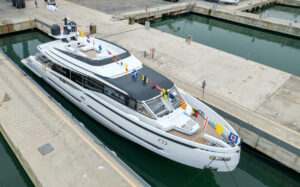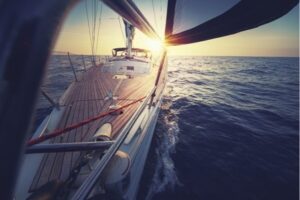Shipping industry urged to prevent devastating plastic ‘nurdle’ spills
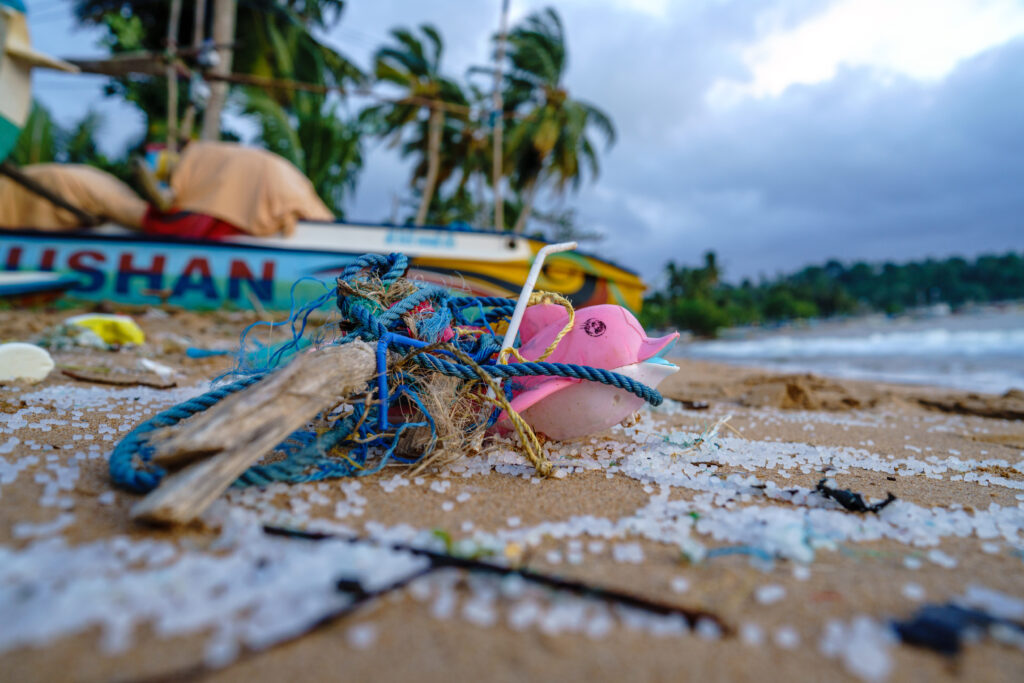 Marine litter with nurdles on a beach in Sri Lanka
Credit Soeren Funk Ocean Image Bank
Marine litter with nurdles on a beach in Sri Lanka
Credit Soeren Funk Ocean Image Bank
Campaigners are calling for the International Maritime Organization (IMO) to classify the small plastic pellets known as nurdles as marine pollutants and impose stricter controls on how they are handled, after a series of devastating spillages.
So-called nurdles are lentil-sized pieces of plastic – used as building blocks for most of the plastic items produced today. However, poor handling and transportation practices have resulted in massive losses of them into the environment.
The X-Press Pearl disaster in May 2021, in which more than 70 billion plastic pellets spilled into the ocean around Sri Lanka, brought mainstream attention to the problem of pellet pollution at sea. Shortly afterwards, pellets began washing up on beaches in western Sri Lanka, in some cases accumulating in piles two metres high, wreaking serious economic, social and environmental damage.
By weight, pellets are estimated to be the second largest direct source of microplastic marine pollution, and they are known to cause serious harm to ocean life. It’s estimated that trillions enter the sea each year.
A new report by NGO Flora and Fauna International (FFI) highlights the scale of the problem and makes a series of recommendations for tackling the environmental risk of transporting them.
The report, which can be read in full here, explains that, for three decades, efforts to address pellet pollution have focused on losses originating from production and manufacturing sites, which are known as ‘land-based sources’ of pellet pollution. Far less attention has been given to pellets that are being lost during transport – especially at sea. Therefore, the full extent of pellet loss on land and at sea can only be estimated.
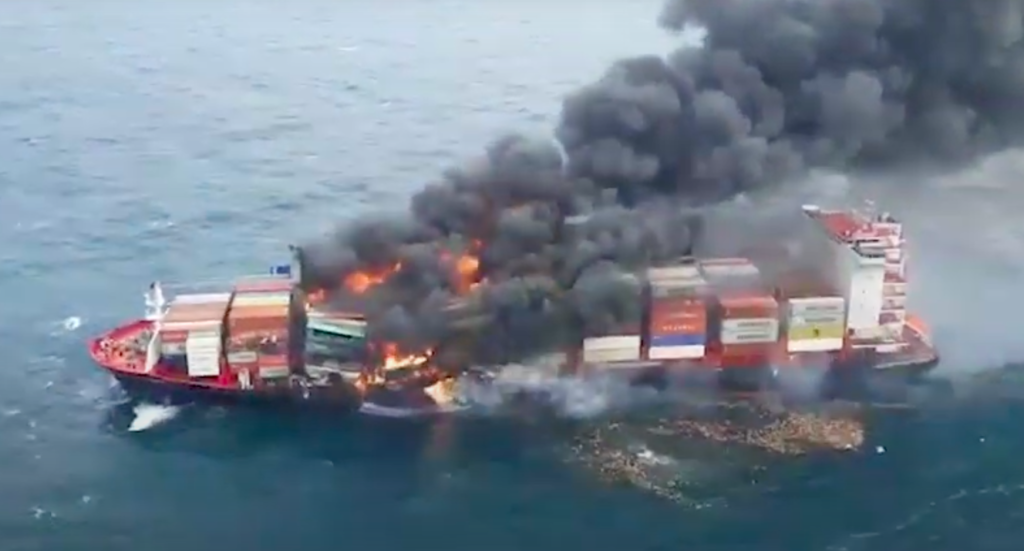
Plastic production has boomed over the last fifty years. By 2019, 460 million tonnes were produced annually, and forecasts predict that, without action to slow production, 540 million tonnes a year will be produced globally by 2040. Marine plastics will have outweighed the total mass of fish in the world’s oceans by 2050.
Pellet pollution will therefore also increase without effective measures to prevent pellet spills across the supply chain.
The report finds that, despite increasing awareness from companies across the supply chain that pellets are entering the environment in large numbers, transparency is low and voluntary efforts to stem the problem have been inconsistent, with limited success to date.
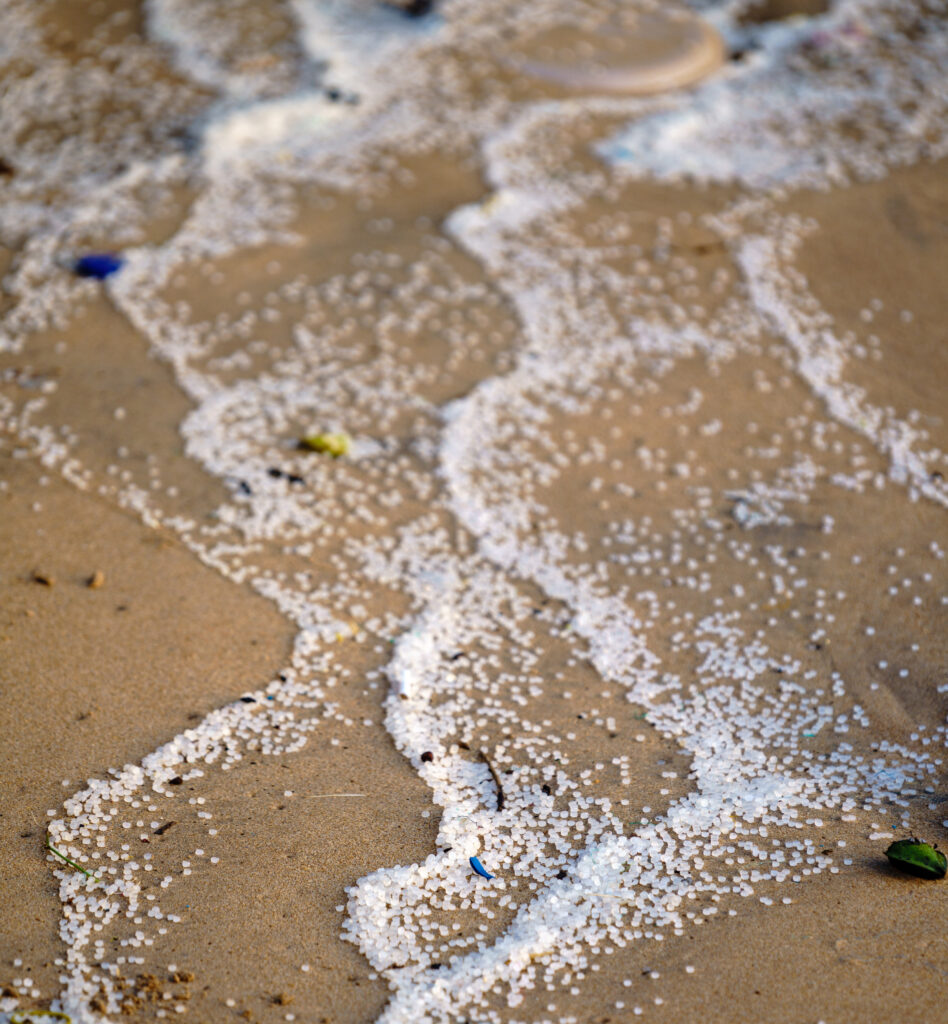
The report recommends several steps that need to be taken to reduce pellet pollution. The most pressing recommendation is that the IMO, a UN agency, must classify nurdles as marine pollutants – to force shipping companies to meet stricter rules about handling.
FFI also urges the IMO to include pellets in its International Convention on Liability and Compensation for Damage in Connection with the Carriage of Hazardous and Noxious Substances by Sea.
Until international regulation is in place, investors, insurers, brands, and retailers must be held responsible for enacting stringent requirements – and pushing for global action on the matter.
The Guardian reports that the IMO has asked pollution experts to examine the options for “reducing the environmental risk associated with the maritime transport of plastic pellets (nurdles)”. The IMO reportedly said a panel of experts would submit their findings for a meeting in April 2023.
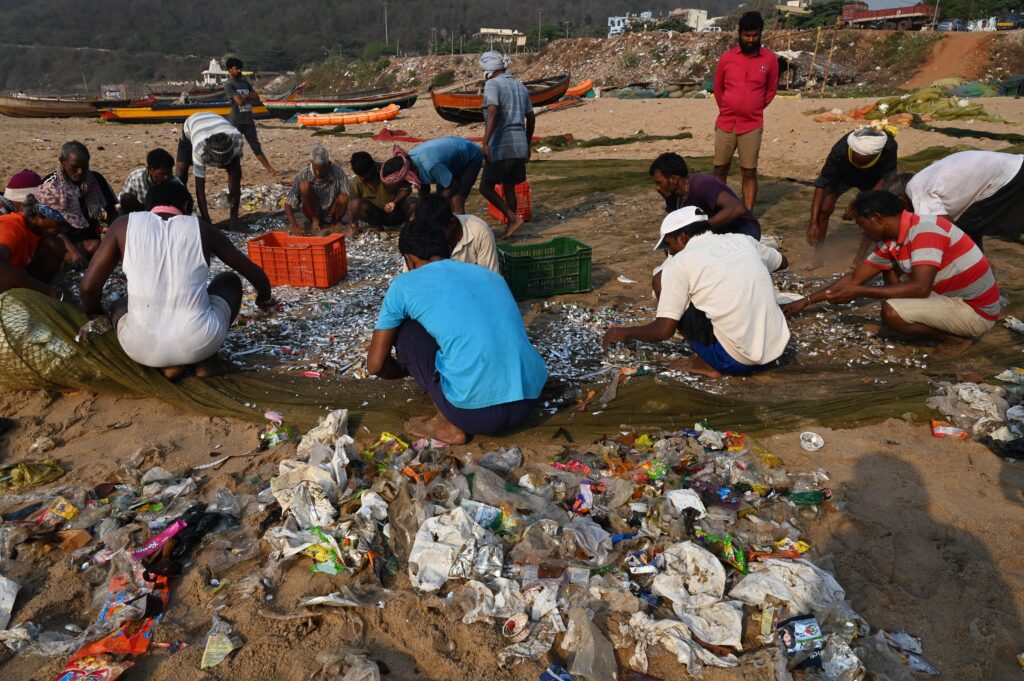
Meanwhile, insurance companies also want stricter rules for the shipping and storage of nurdles, because of the financial and environmental costs of spillages.
Jörg Asmussen, chief executive of the German Insurance Association, told the Guardian: “Nurdles that have gone overboard can cause large environmental damage in the long term and are threatening the biodiversity of coastal areas.”
Tanya Cox, senior technical specialist, marine plastics, with FFI, says: “While the early adopters of voluntary, preventative action should be applauded for their efforts, as our report outlines, it is clear that voluntary action alone is insufficient to level the playing field and drive the systemic change needed to eliminate this form of pollution, both on land and at sea. We need an urgent move towards a regulatory approach, with mandatory requirements that are supported by rigorous standards and certification schemes.”

